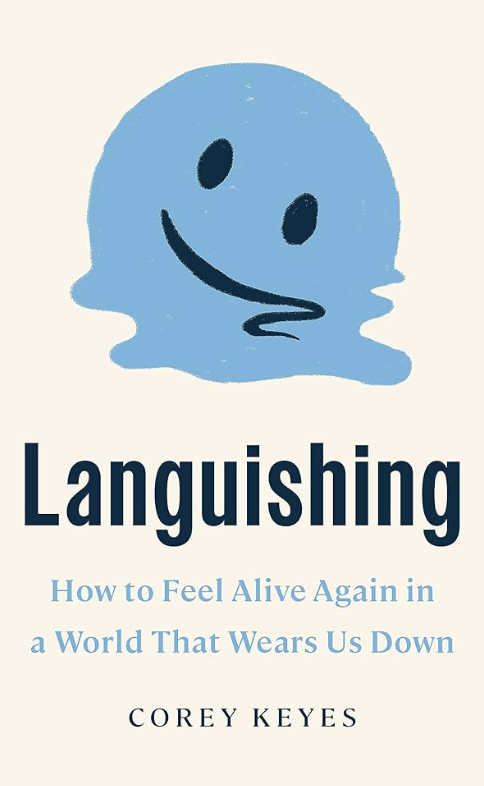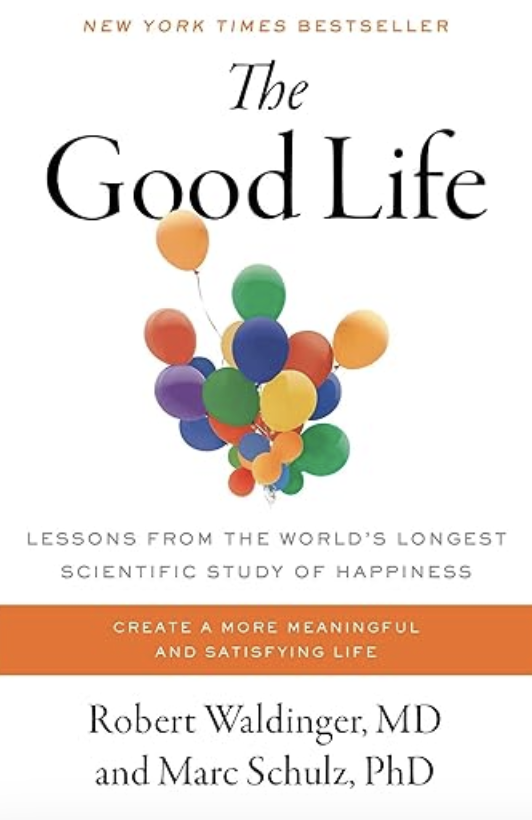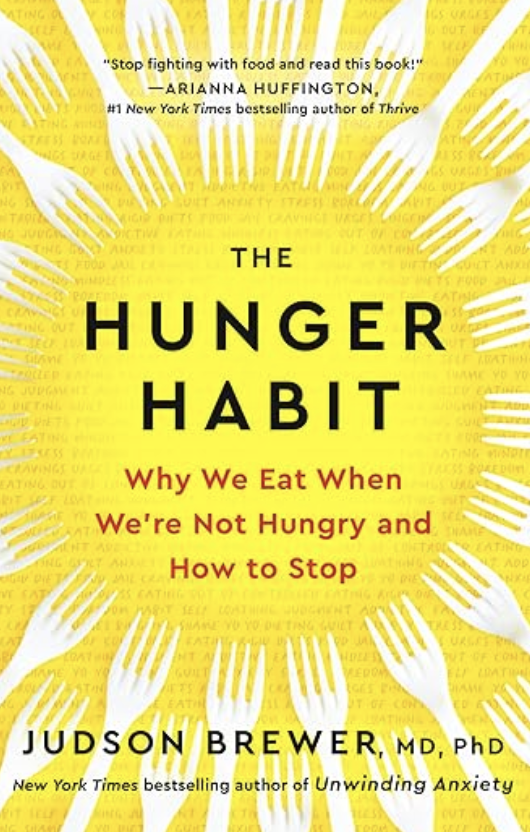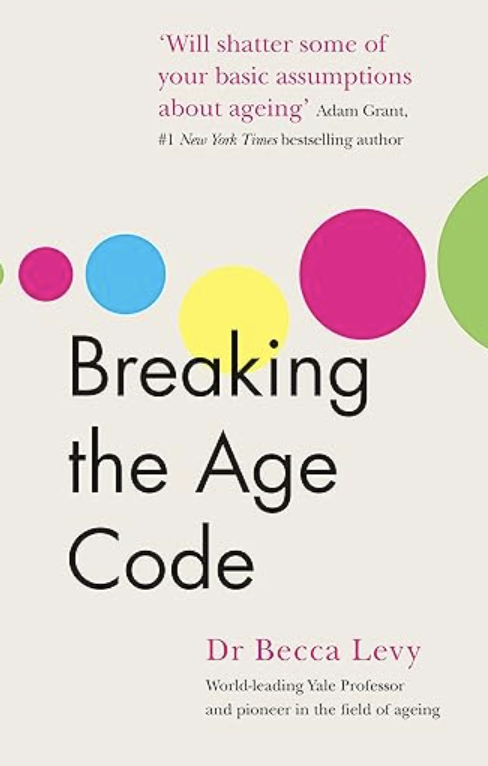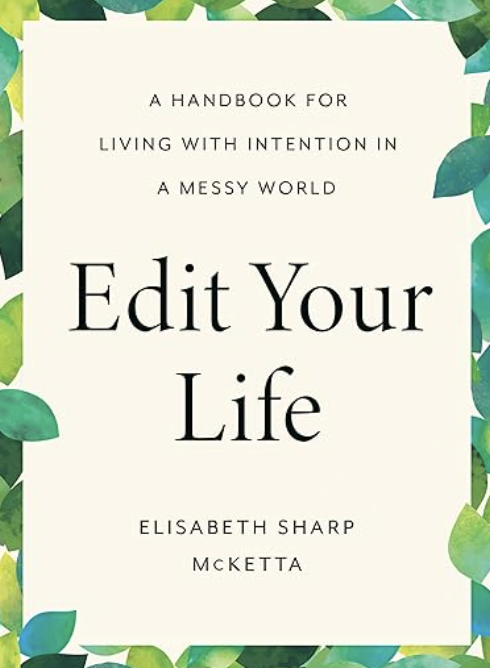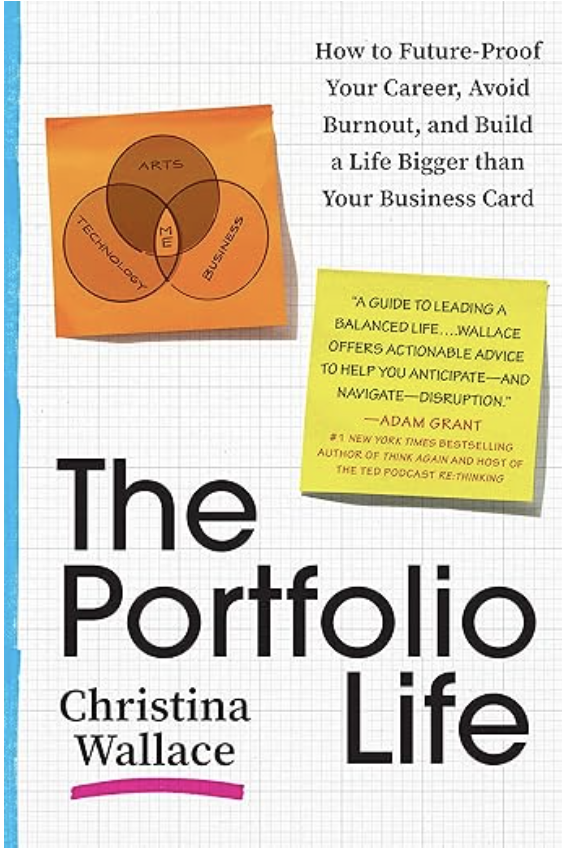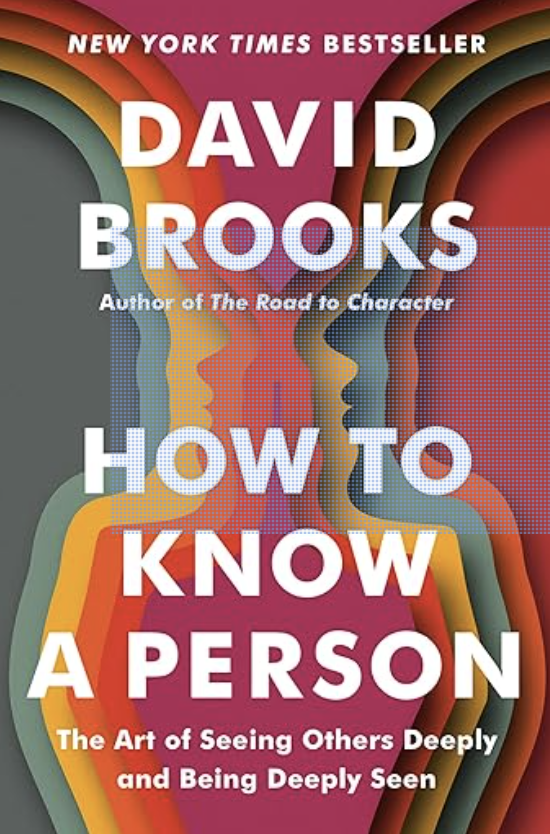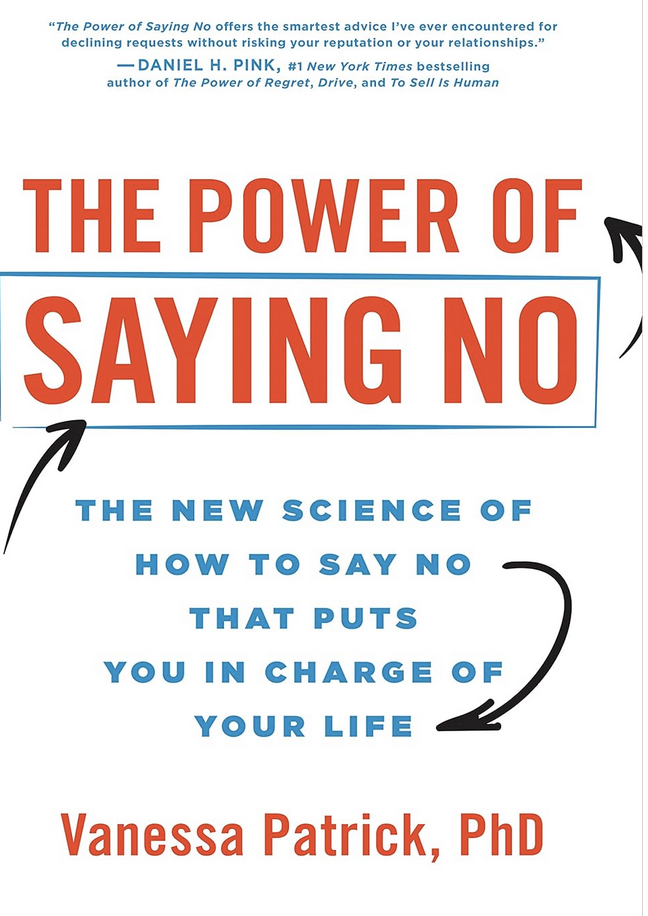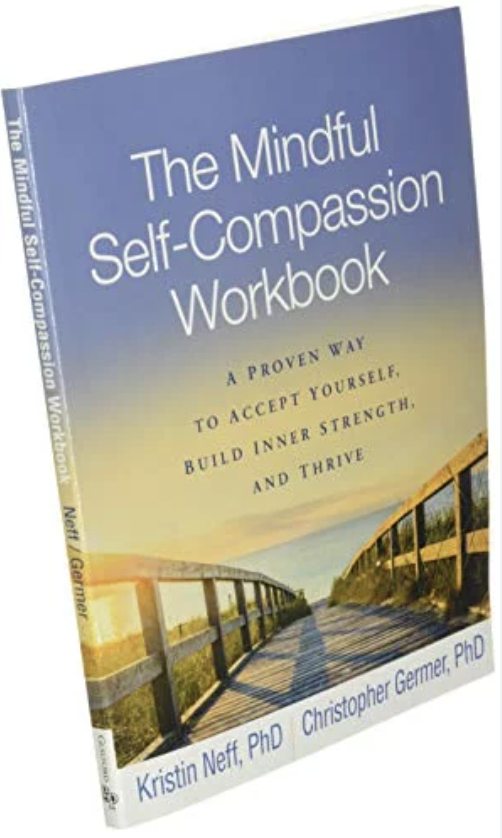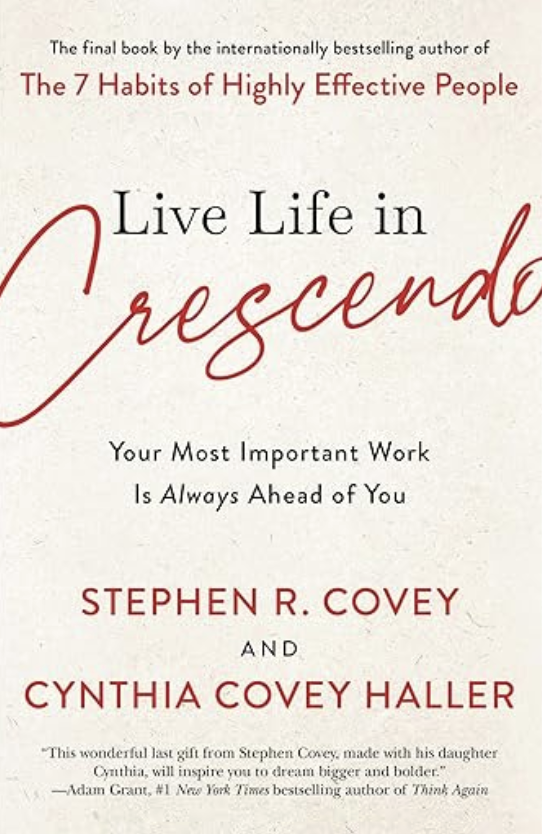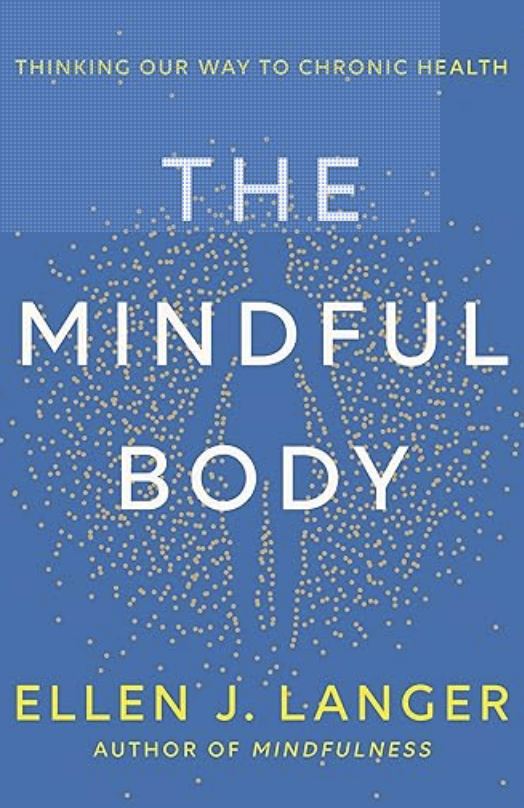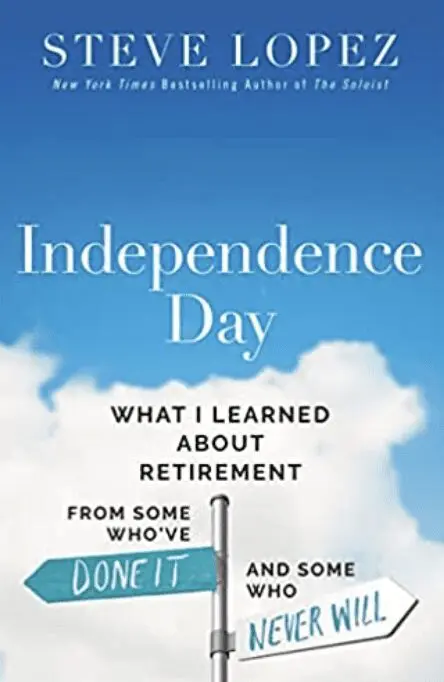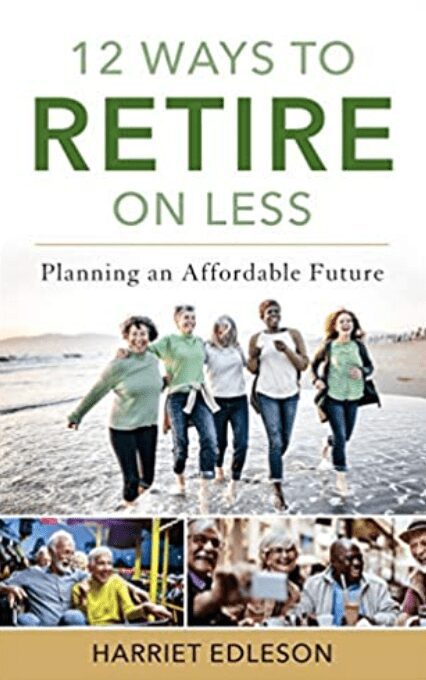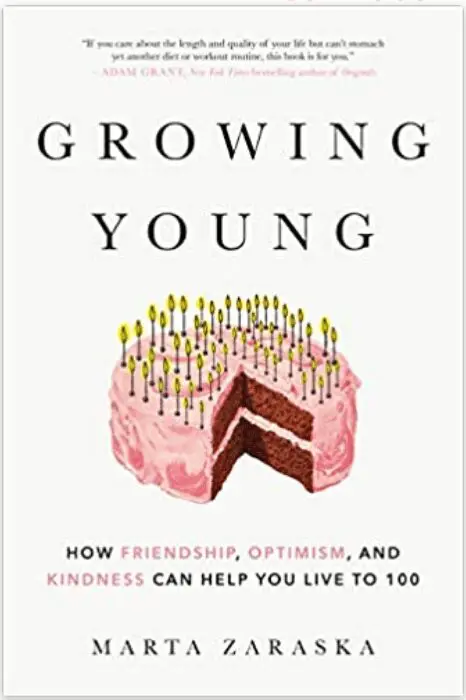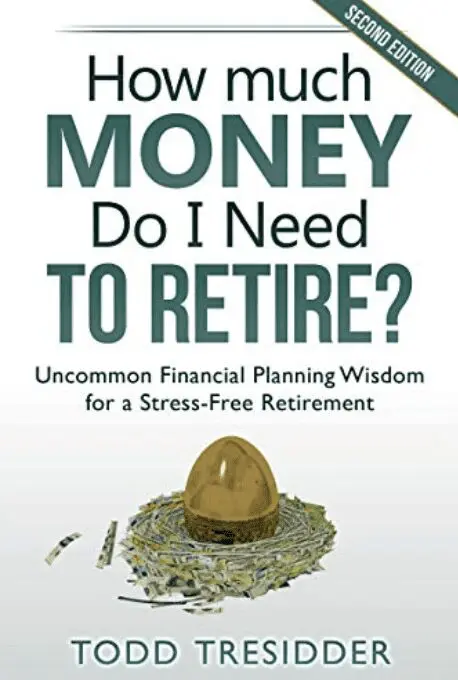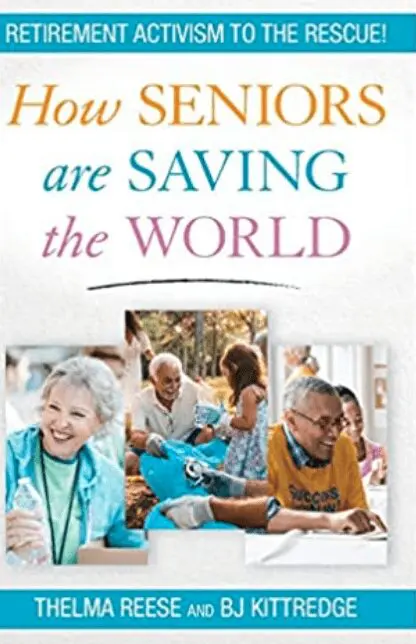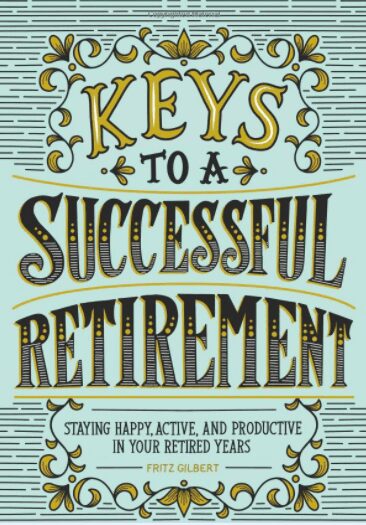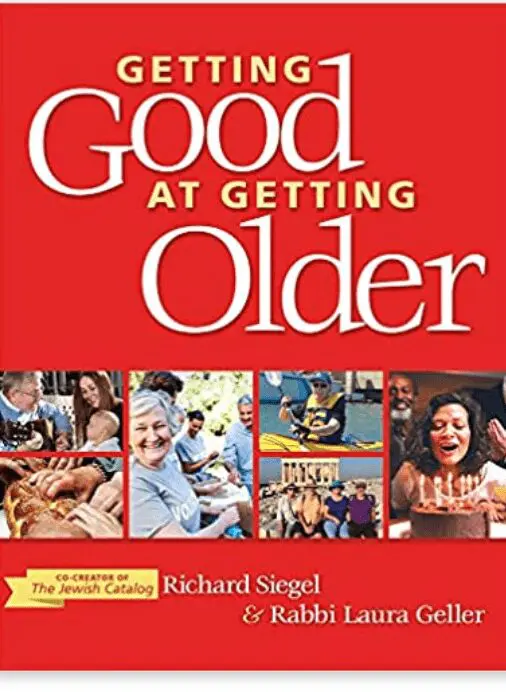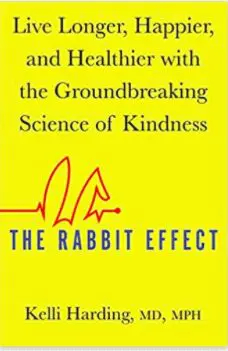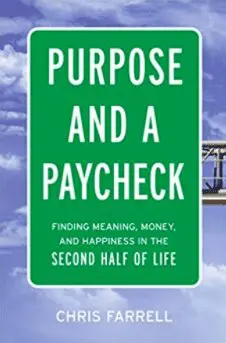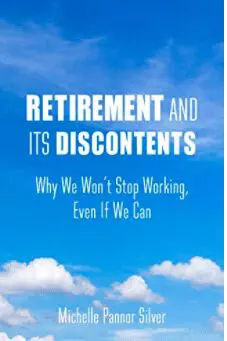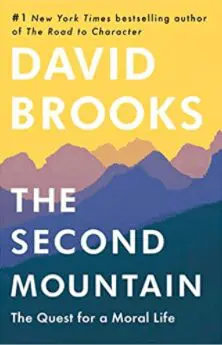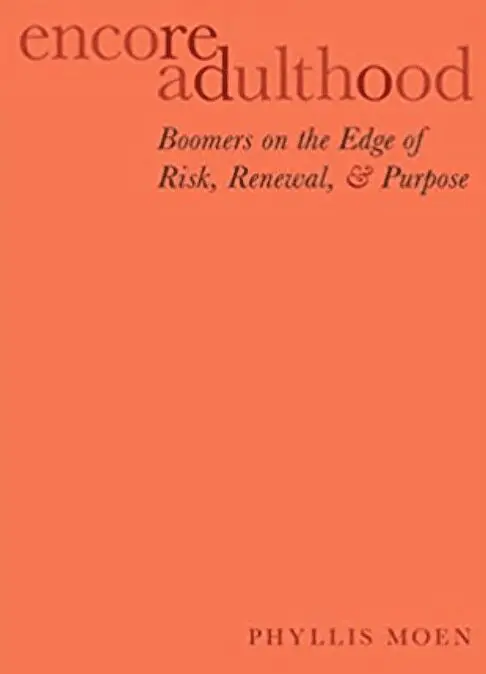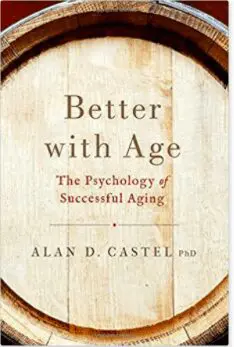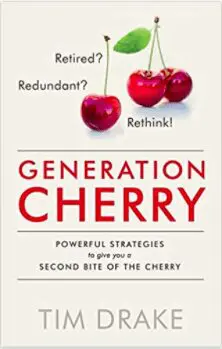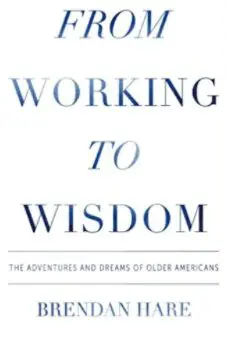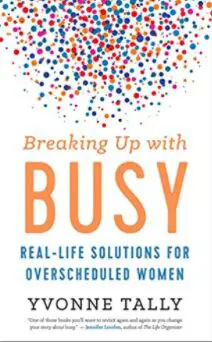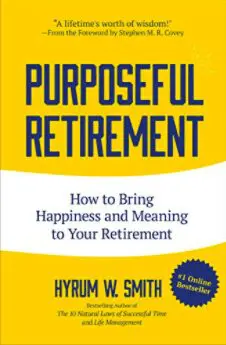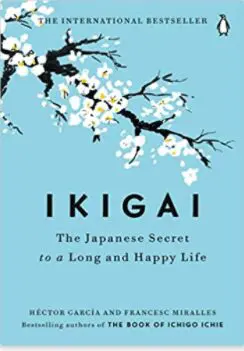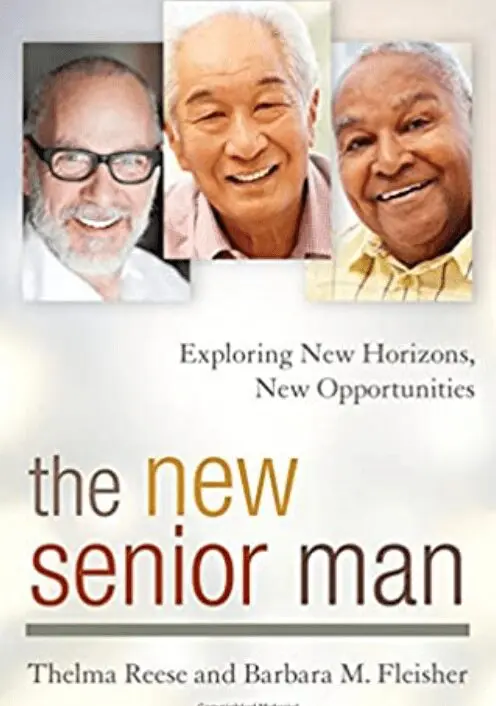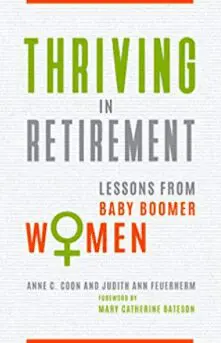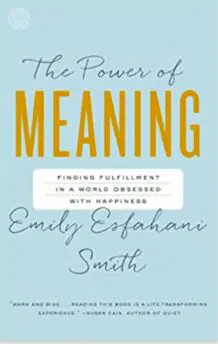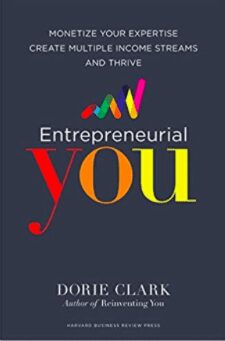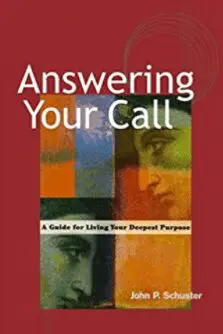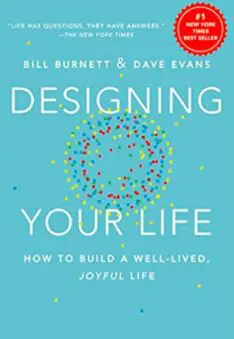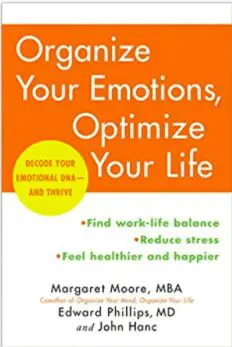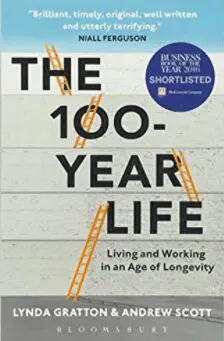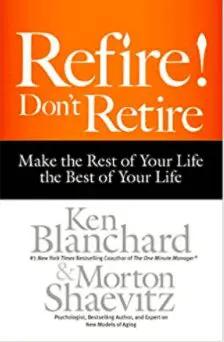by Michael F. Roizen, M.D.
We can all agree that there’s nothing more important than your health. But what are the most important things we can do to stay healthy in a rapidly changing world of healthcare?
The Great Reboot:by Michael Roizen, a renowned physician and Chief Wellness Officer at the Cleveland Clinic, offers readers a comprehensive guide to reclaiming health and well-being as we age. Drawing upon his expertise in preventive medicine and public health, Roizen presents a roadmap for navigating the challenges of aging and emerging stronger, healthier, and more resilient than ever before. At the heart of the book is Dr.Roizen’s idea of The Great Reboot, a transformative opportunity to step back and reimagine our lives, and then taking steps to prioritize our health and well-being. He argues that the pandemic exposed the vulnerabilities of our current healthcare system and underscored the importance of taking charge of your health through proactive measures that can prevent illness and promote wellness.
Dr. Roizen explores the impact of the aging process on various aspects of health, from physical fitness and nutrition to mental health and stress management. He provides practical strategies for fortifying the immune system, including evidence-based recommendations for diet, exercise, sleep, and stress reduction. By prioritizing these foundational pillars of health, you can bolster your defenses against infection and enhance their overall resilience. Roizen also delves into the role of technology and innovation in that’s transforming healthcare delivery today. He explores the potential of telemedicine, wearable devices, and digital health platforms that seek to empower people to take control of their health and engage in proactive and effective self-care.
One of the book’s most compelling takeaways is Roizen’s emphasis on the importance of community and social connection in promoting health and well-being. He highlights the interconnectedness of human health and the importance of fostering supportive relationships and social networks. Through acts of kindness, empathy, and compassion, people can build resilience and strengthen their sense of belonging in the face of adversity.
In The Great Age Reboot Dr. Roizen blends scientific insights with practical advice to empower you to take charge of your health. He provides actionable recommendations and step-by-step guidance to implement positive changes in their lives and navigate the uncertainties of the current, dynamic healthcare system with confidence and resilience. Dr. Roizen’s holistic approach to wellness offers a valuable roadmap for becoming stronger and healthier than perhaps ever before. Whether you’re looking to boost your immune system, manage stress, or foster deeper connections with others, this book provides invaluable insights and practical strategies for living your best life in your next phase of life.
Read The Great Reboot:
Explore More Best Books on Retirement
Discover more wisdom on The Retirement Wisdom Podcast











